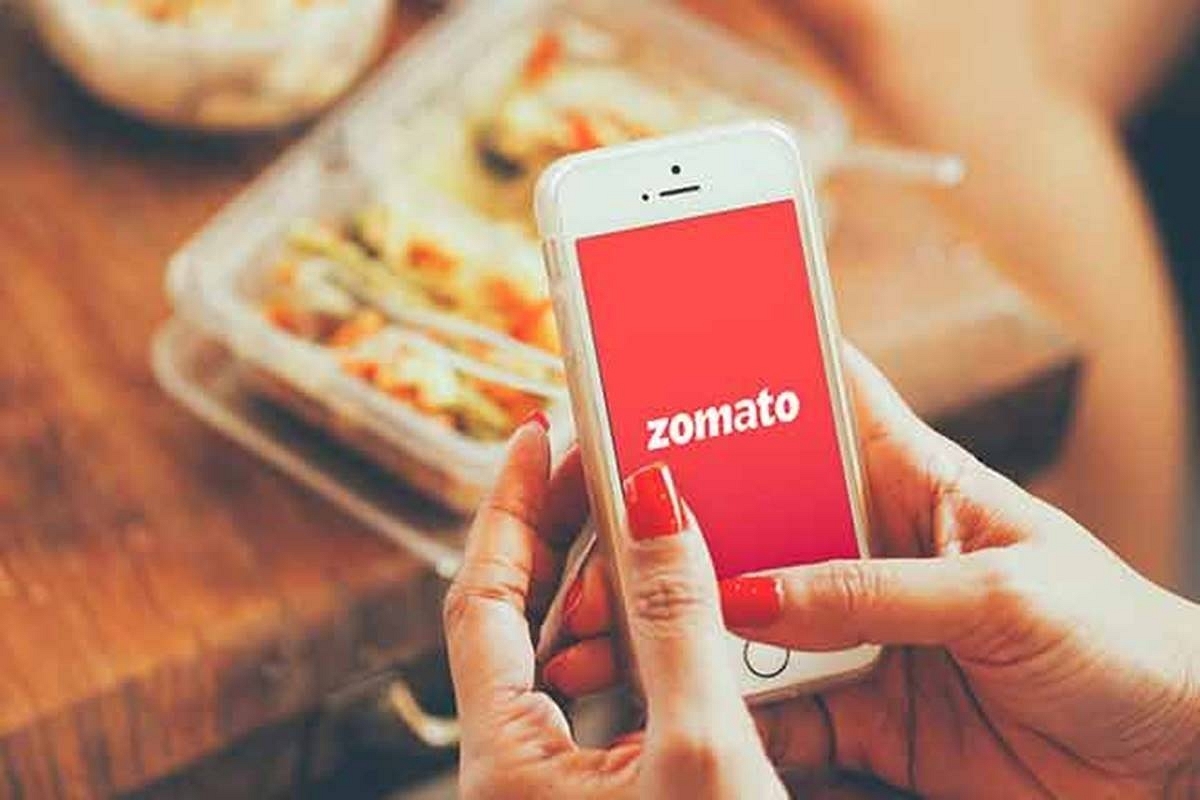Commentary
Zomato's Quest For Profitability: Could Your Online Food Deliveries Get Costlier?
- Zomato is reportedly looking to hike rates for those restaurants that pay a higher commission to its rival Swiggy. Zomato is looking for parity in commissions for both platforms.
- The restaurant owners appear to be unhappy about the move since higher commissions would either mean lower profits or price increases for customers.

Source: Financial Express
Zomato is reportedly looking at hiking commissions for some restaurants on its platform. The company has approached several restaurant chains seeking a rise of 2-6 per cent in commissions.
The decision has come at a time when the company has been vocal about turning profitable, with Zomato’s Chief Executive Officer Deepinder Goyal even saying that the company can “easily” have $ 1 billion in profits in seven to eight years. Since stock markets operate on estimates and expectations about the future, the company would have to walk to talk to calm investors’ nerves.
Zomato Needs to Become Profitable
Since the day of listing, the Zomato stock has more than halved, and the performance hasn’t improved despite the improving numbers. Though the company has turned “profitable” in operating profit terms due to the use of adjusted numbers, it is far from generating sustainable positive cash flow.
Zomato isn’t the first company to use these metrics to make its financial scenario look good. There are cases of hundreds of companies using pro forma or adjusted numbers during the tech boom of 1999 and 2000. Ultimately, having cash flows and hard cash in the bank are the only ways to create a sustainable business.
For Zomato, it is more than just the food delivery business that needs to turn profitable.
Blinkit, which Zomato had acquired, operates in the quick commerce space, which has proved to be a high cash-burn space so far. Nevertheless, the company is taking various steps to improve profitability on the food delivery side. Among these steps is the recent reintroduction of Zomato Gold and the reconsiderations of commissions charged.
Two Contentious Issues Make a Comeback
Gold membership and chargeable commissions have long been contention between Zomato and the restaurants listed on its platforms.
Zomato Gold had been introduced earlier, but the discounts and freebies offered to customers made it unsustainable, according to restaurants.
Zomato then launched Pro, which was also withdrawn, and finally, in January 2023, it came up with a different version of Zomato Gold. However, reports suggest that restaurants are still looking to launch their own individual or combined loyalty programmes.
The company has, however, successfully gained Zomato Gold customers, with 9 lakh customers getting on-boarded right in the first month.
The company is also in the process of re-branding its 10-minute delivery service ‘Zomato Instant’ as ‘Zomato Everyday’ to offer home-style food to customers.
Clearly, the 10-minute delivery fad is wearing off for both food and grocery delivery companies as the focus returns to profitability rather than growth.
Would the End Consumer Feel the Pinch?
Increasing commissions could ultimately affect customers who order on these aggregator platforms.
Since aggregators usually anywhere between 18-25 per cent commissions on orders from restaurants, restaurants often resort to other means to make up for the lost commissions. Either the prices are higher than the actual direct order prices, or there are “aggregator portion sizes” that are much smaller than the normal portion size of food.
Many restaurants also often try and create incentives for direct orders by slipping in pamphlets asking customers to order directly from the restaurant for low prices and high discounts.
Various factors help decide the commission Zomato charges – average order value, restaurant brand power, the volume of orders, and other factors.
Zomato is reportedly looking to hike rates for those restaurants that pay a higher commission to its rival Swiggy. Zomato is looking for parity in commissions for both platforms. Nevertheless, restaurant owners appear to be unhappy about the move since higher commissions would either mean lower profits or price increases for customers.
Higher prices for end users could mean lower volumes of orders from customers – which is not beneficial for the restaurant.
The last time there was a massive pushback against aggregators, Zomato was an unlisted start-up with patient investors. But, as a listed company, already jittery public shareholders might not be as forgiving.
Introducing ElectionsHQ + 50 Ground Reports Project
The 2024 elections might seem easy to guess, but there are some important questions that shouldn't be missed.
Do freebies still sway voters? Do people prioritise infrastructure when voting? How will Punjab vote?
The answers to these questions provide great insights into where we, as a country, are headed in the years to come.
Swarajya is starting a project with an aim to do 50 solid ground stories and a smart commentary service on WhatsApp, a one-of-a-kind. We'd love your support during this election season.
Click below to contribute.
Latest